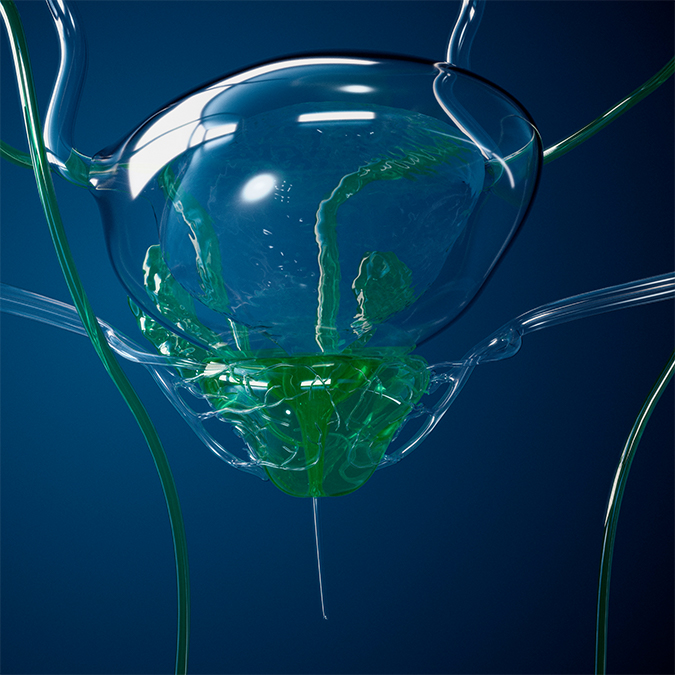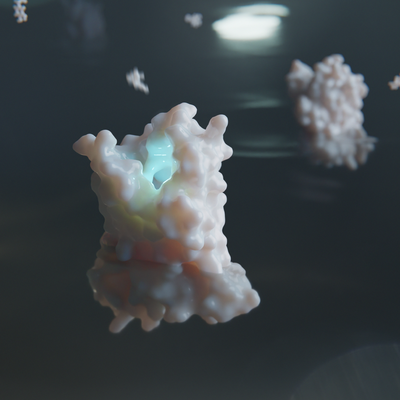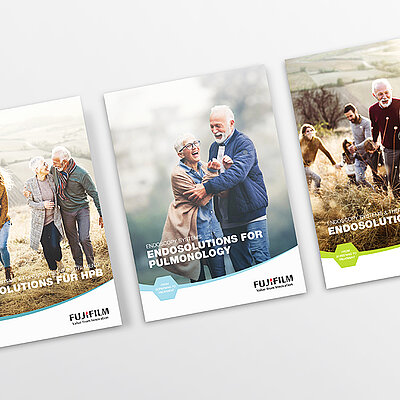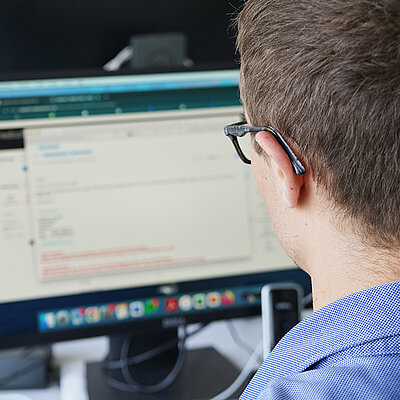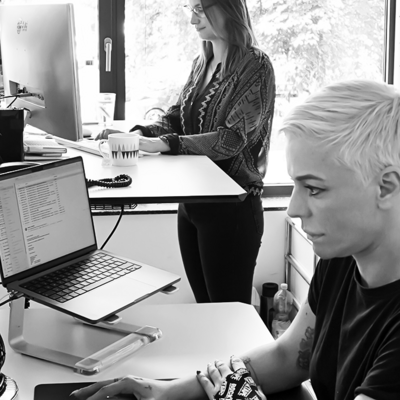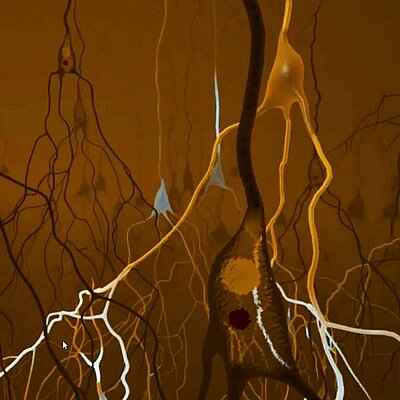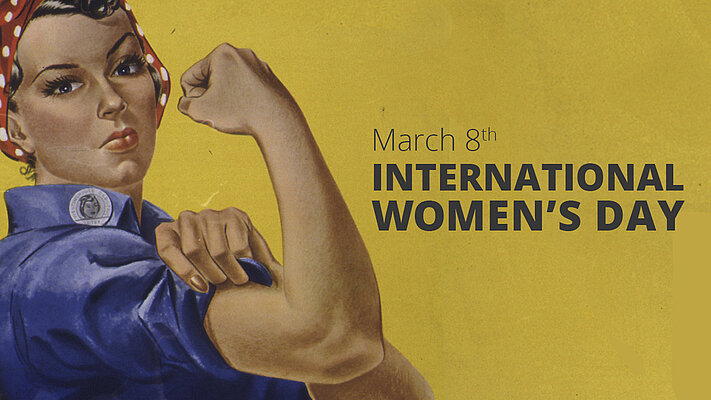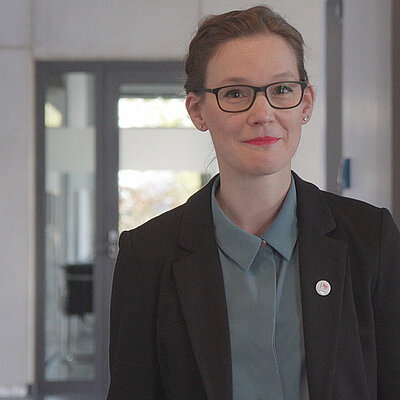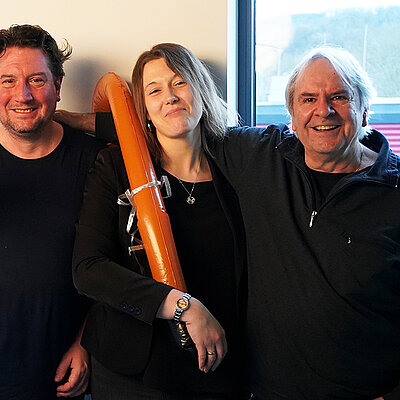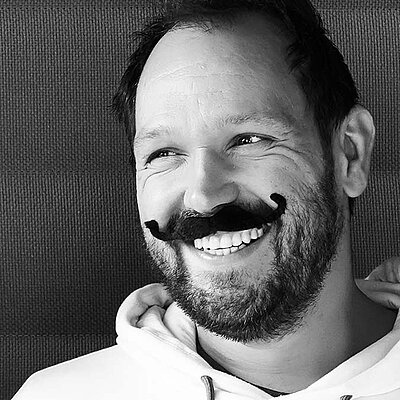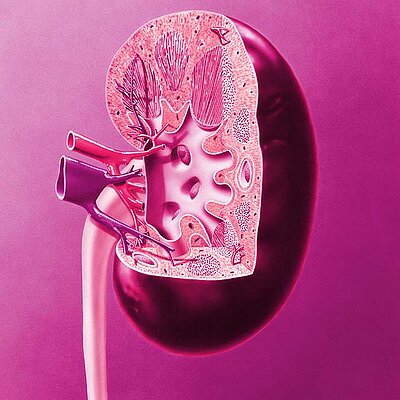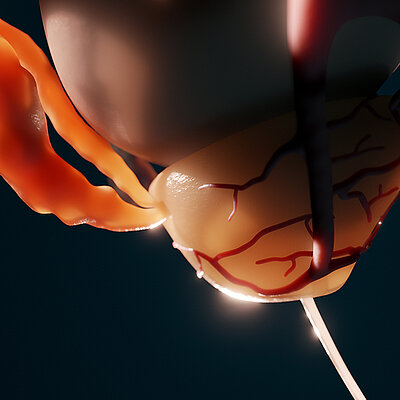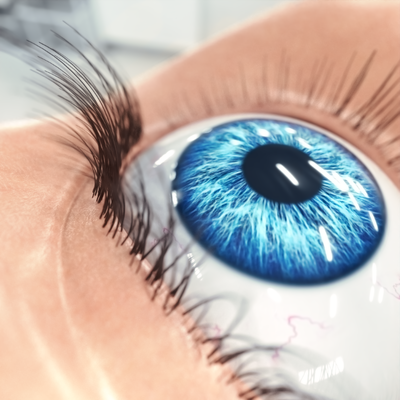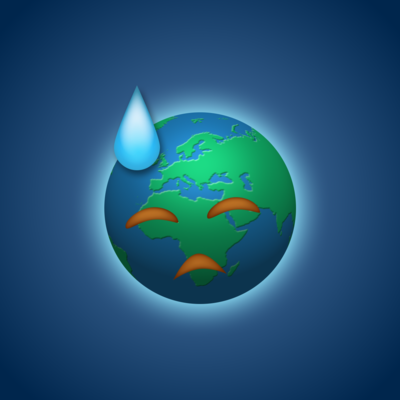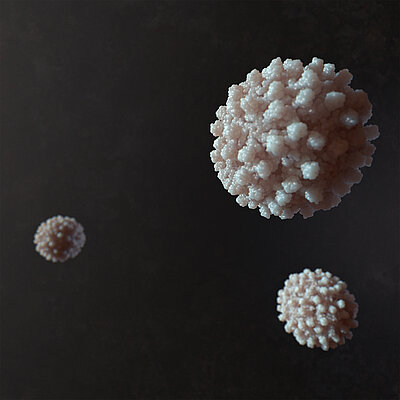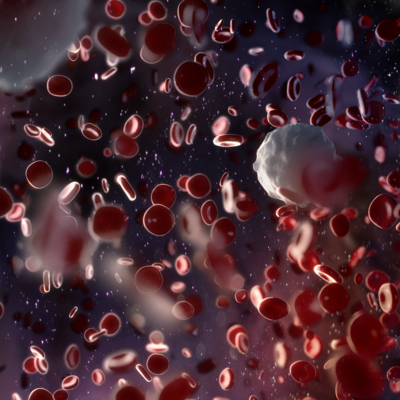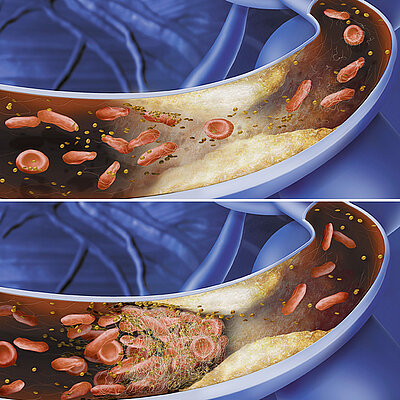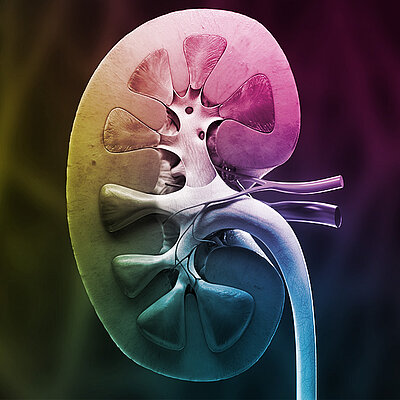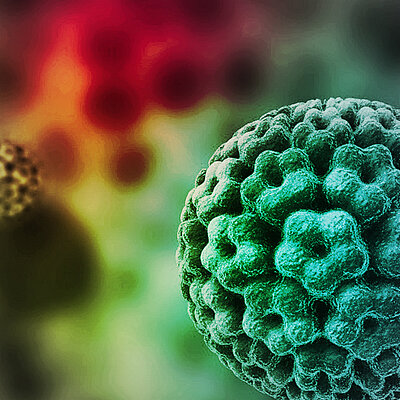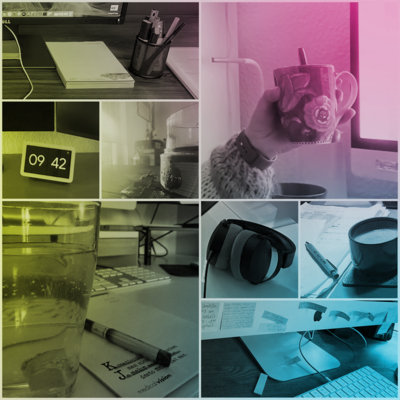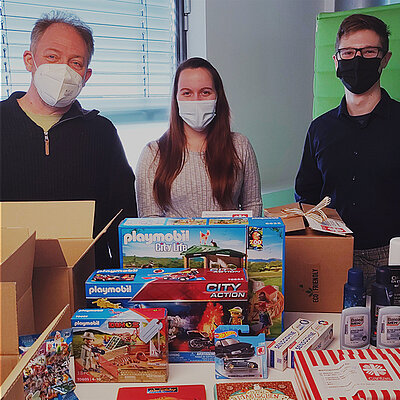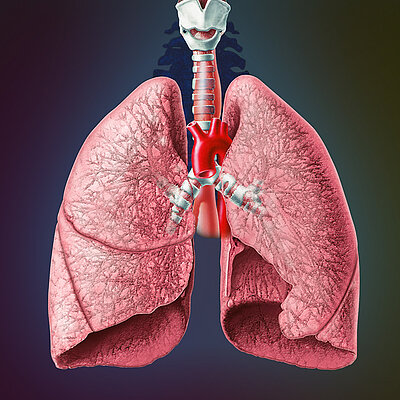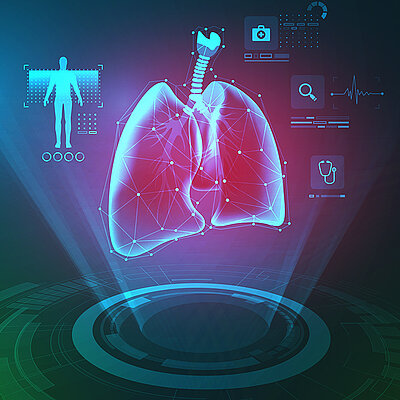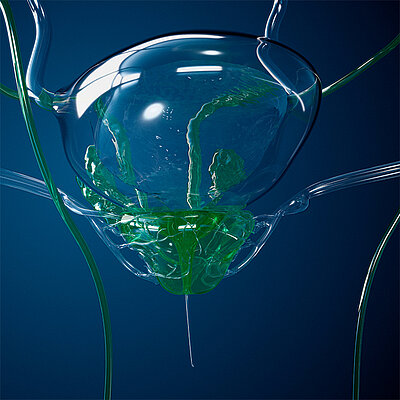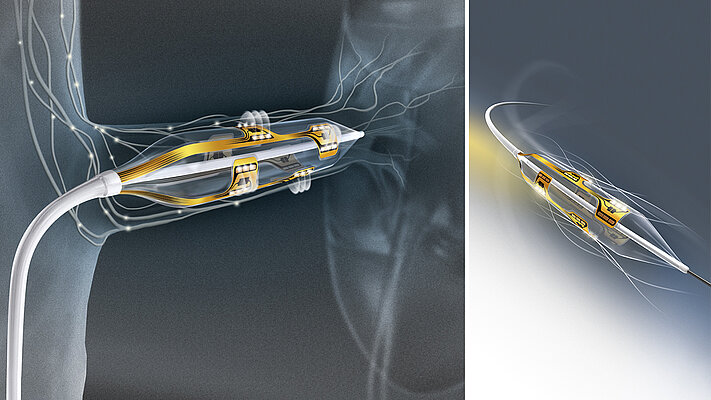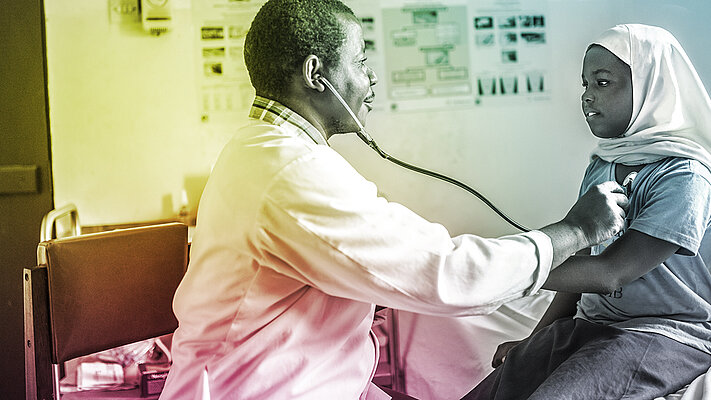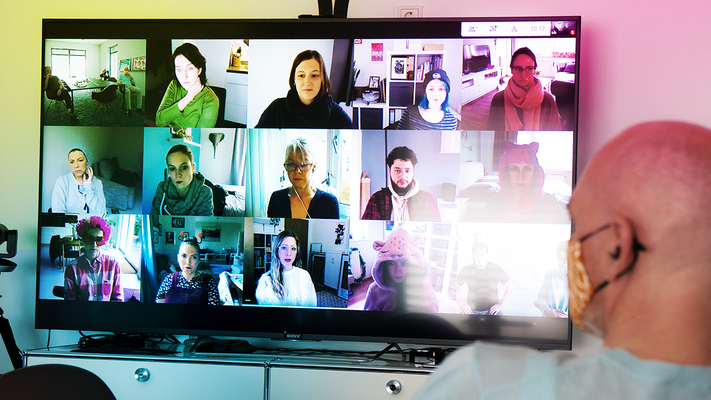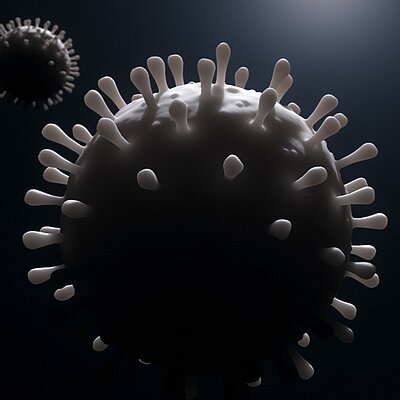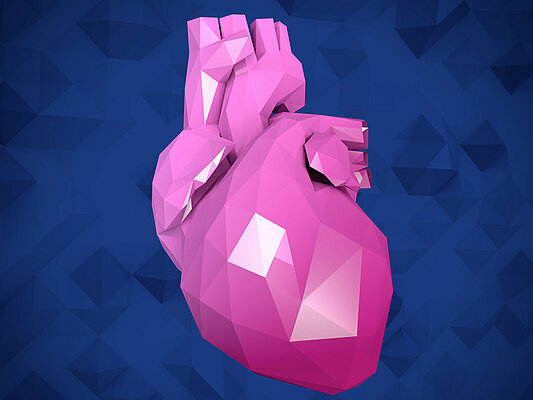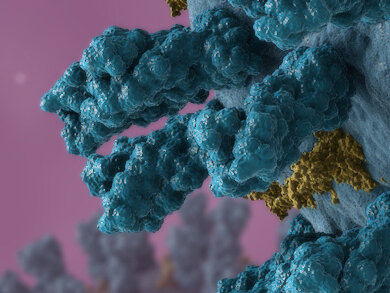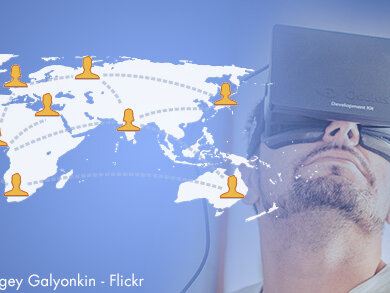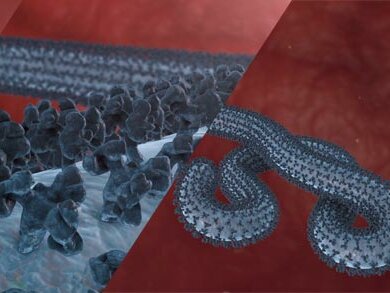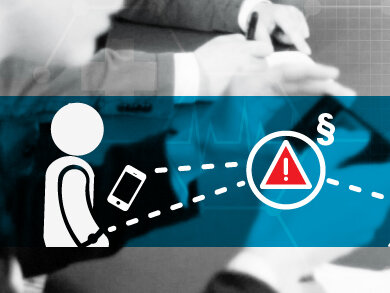World Continence Week (WCW) is an initiative organized by the World Association of Incontinence Patients WFIP together with the International Continence Society (ICS). From June 21 to 27, this awareness week takes place for the eighth time – the goal of which is to inform patients and their caregivers affected by incontinence about prevention and treatment. Additionally it is about supporting those suffering from incontinence in their daily activities.
Urinary incontinence is still widely seen in much of the world as shameful and often results in those who suffer from it withdrawing from society. Many affected will not talk about it - not even with their doctor. For example, in Germany nearly one in ten suffers - regardless of age or gender - from urinary incontinence or bladder weakness; and over half of those affected go untreated. Treatment is usually possible and also necessary, because if left untreated over the years the cause can spread and the symptoms worsen.
The organizers of World Continence Week want to create greater awareness of this sensitive problem with campaigns and events. At the top of the list of key messages is that urinary incontinence is a disease which should be discussed with your doctor and certainly not a reason to be ashamed.
The Reasons for Incontinence are Diverse
The types and symptoms of urinary incontinence are as diverse as their triggers. You can suffer from incontinence due to stress or because of a wide range of causes from cystitis to congenital malformations to gender-specific conditions. Discuss any form of uncontrolled urination with your doctor. They can make a specified diagnosis and, together with you, begin appropriate treatment.
Incontinence is Treatable
Urinary incontinence can be treated with drugs or surgery depending on the cause of your incontinence. The administration of medication or possibly hormones can inhibit bladder muscles or overactive bladder activity. Tried and tested surgical procedures include an endoscopic loop operation, in which a kind of loop is placed around the urethral sphincter and is narrowed. In some cases, the insertion of an artificial sphincter is needed, which can be closed or opened from the outside using a pump. In men, surgery for an enlarged prostate may also be helpful.
Do Something Yourself
Active self-help contributes enormously to supporting the success of the treatment or even to avoiding this treatment. Effective measures may include pelvic floor training (ask your doctor for instruction) and regular emptying, i.e. exercising, of the bladder. In addition, those affected should ensure a balanced and fresh diet and, above all, ensure that they are drinking enough fluids. The latter may seem counterintuitive, but it is very important not to reduce fluid intake in an attempt to avoid accidental urination or urine leakage. Doing this may make symptoms worse. Substances that may irritate the bladder, such as spicy foods and coffee, as well as foods that cause gas (onions, cabbage, legumes) should be greatly reduced or better yet, removed from your diet. Obesity also promotes urinary incontinence. A normal weight is important and attaining this can lead to successful treatment of urinary incontinence. And last but not least: In order to avoid or recognize incontinence and get it under control quickly, regular check-ups from the age of 50 with a urologist and / or gynecologist are useful.
World Continence Week offers insights that can help you deal with this common but often undiagnosed problem. Inform yourself and see your doctor, because this is an issue that you don’t have to live with.

